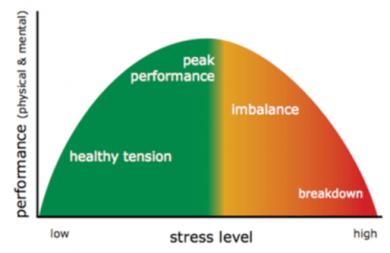Work-Life Balance and Flexible Work Tools
Creating a culture of sustainable personal well-being allows for employee excellence, quality of life, the valuation of human mental and physical health, and the flexibility to support work, life, and family.
Resources & Policies
Cornell has implemented policies and tools to help departments create flexible work environments that allow staff, faculty, and students to work remotely and create schedule flexibility to ensure a healthy work-life balance.
Policies
- All Cornell employees have access to a flexible work policy which was first implemented in 1998.
Policy 6.6.13: Flexibility in the Workplace - Cornell has been recognized for providing flexible arrangements for faculty.
https://sustainablecampus.cornell.edu/news/cornell-recognized-faculty-work-life-balance
Resources
Remote Work Tools
Information Technology (CIT) maintains information
about tools available for remote work and conferencing.
Flexible Work Policies
Flexible Work Policies & Tools
Human Resources manages policies related to flexible work and a toolbox for implementation.
Stress & Time Management
Stress management is important. Some stress can actually be motivating and help us overcome challenges, but it is important to recognize the difference between good stress and bad stress (see graph). When stress causes us to feel challenged but in control, we perform well and achieve our highest goals. On the other hand, when stress causes us to push self-care to the side, not only does our performance suffer, but our mental and physical health suffers, as well.
Being a full-time student is equivalent to having a full-time job. As a leading higher education institution, Cornell expects a lot from its students, but this does not mean that we want school to be the only priority in your life. Work-life balance applies to you, too. We also understand that time management isn’t necessarily intuitive, so take advantage of The Learning Strategies Center (LSC). Loaded with tutoring information, study skills tips, and time management tips, the LSC is one of the best resources available to you for all your work-life balance needs.
Cornell's Actions
Cornell aspires to support the United Nations 2030 Agenda for Sustainable Development, which is comprised of 17 Sustainable Development Goals (SDGs) to wipe out poverty, fight inequality and tackle climate change over the next 15 years. Target 8 of Goal 8 calls for “safe and secure working environments for all workers,” noting that securing safe workplaces extends beyond the protection of workers’ physical safety to their mental and psychological wellbeing.
Cornell University’s budget model charges departments, units, and colleges for occupied space. Supervisors can save money on rent and utilities by incentivizing flexible work arrangements, which reduces carbon from commuting to and from the Ithaca campus, and lighting and utility bills. Learn more about how space utilization is linked to flexible work goals in our Climate Action Plan to achieve carbon neutrality by 2035.
Steps you can take to explore work-life balance resources:
- Ensure a balance between work, study, social, personal, and family time.
- Explore flexible work arrangements. This enables Cornell employees to vary their starting and departure times and workplace. With large-scale implementation, remote work programs reduce commuting to and from campus, resulting in reductions in the University's carbon emissions and the amount of office space required on campus. Remote work has also been shown to positively impact employees' level of engagement by helping them to better balance their work and personal lives.

